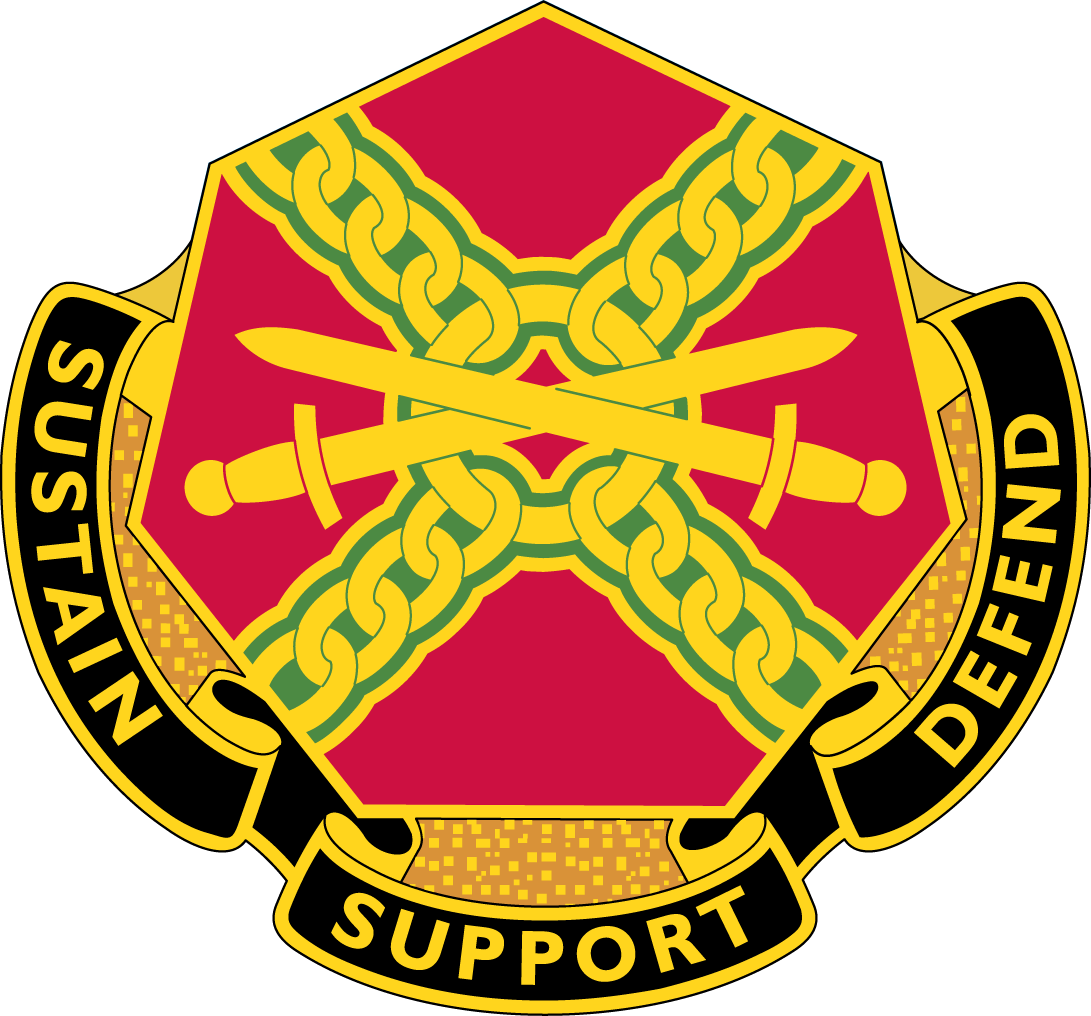PROGRAM OVERVIEW
The Exceptional Family Member Program (EFMP) provides comprehensive support to Family Members with special needs. EFMP takes an all-inclusive approach to coordinate Military and Civilian community, educational, medical, housing and personnel services to help Soldiers and their Families with special needs.
An Exceptional Family Member is a Family Member with any physical, emotional, developmental or intellectual disorder that requires special treatment, therapy, education, training or counseling, and meets the eligibility criteria.
Soldiers* with Exceptional Family Members are required to register for EFMP and keep enrollment information current. That way, Family needs will be considered during the OCONUS assignments process.
If you’re eligible for EFMP services, Family Members must be screened and enrolled when they accompany authorized Soldiers on OCONUS assignments. Screenings include medical records review for all Family Members and developmental screening for all children aged 72 months and younger.
For more information about EFMP, contact the EFMP point of contact through your nearest Army medical facility.
*Who must enroll in the program?
- Active Army
- U.S. Army Reserve Soldiers in the Active Guard Reserve (AGR) Program
- Army National Guard AGR personnel serving under authority of 10 USC and 32 USC.
Department of the Army Civilian employees do not enroll in the program.
You must identify Dependent Children with special education and medically related service needs and Family Members with medical needs each time they process for an assignment to a location outside the United States where Family Member travel is authorized at government expense.




